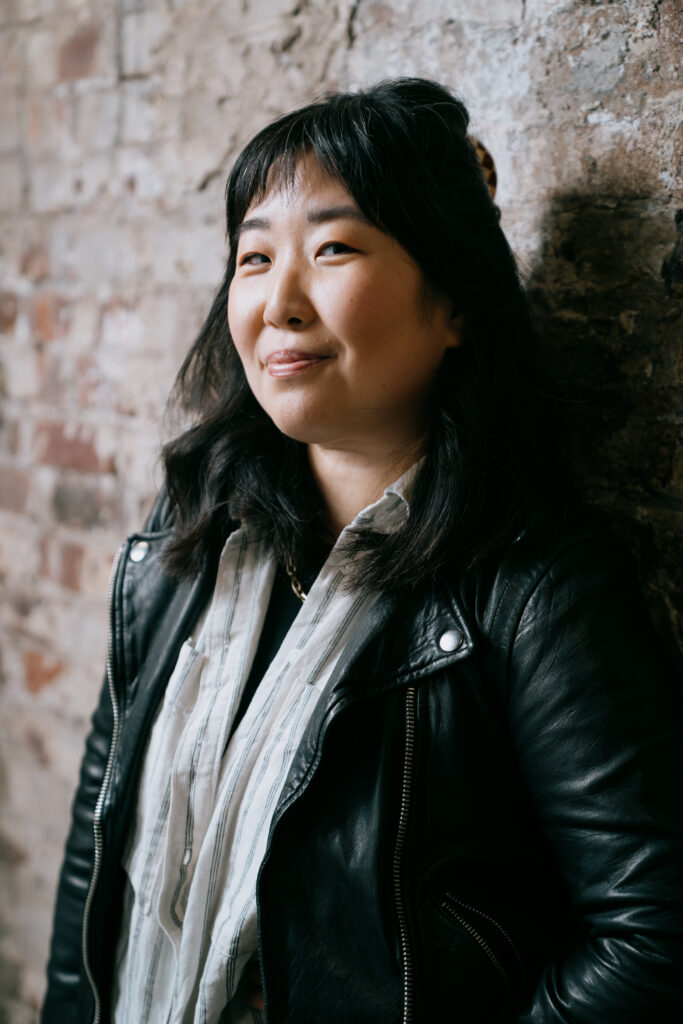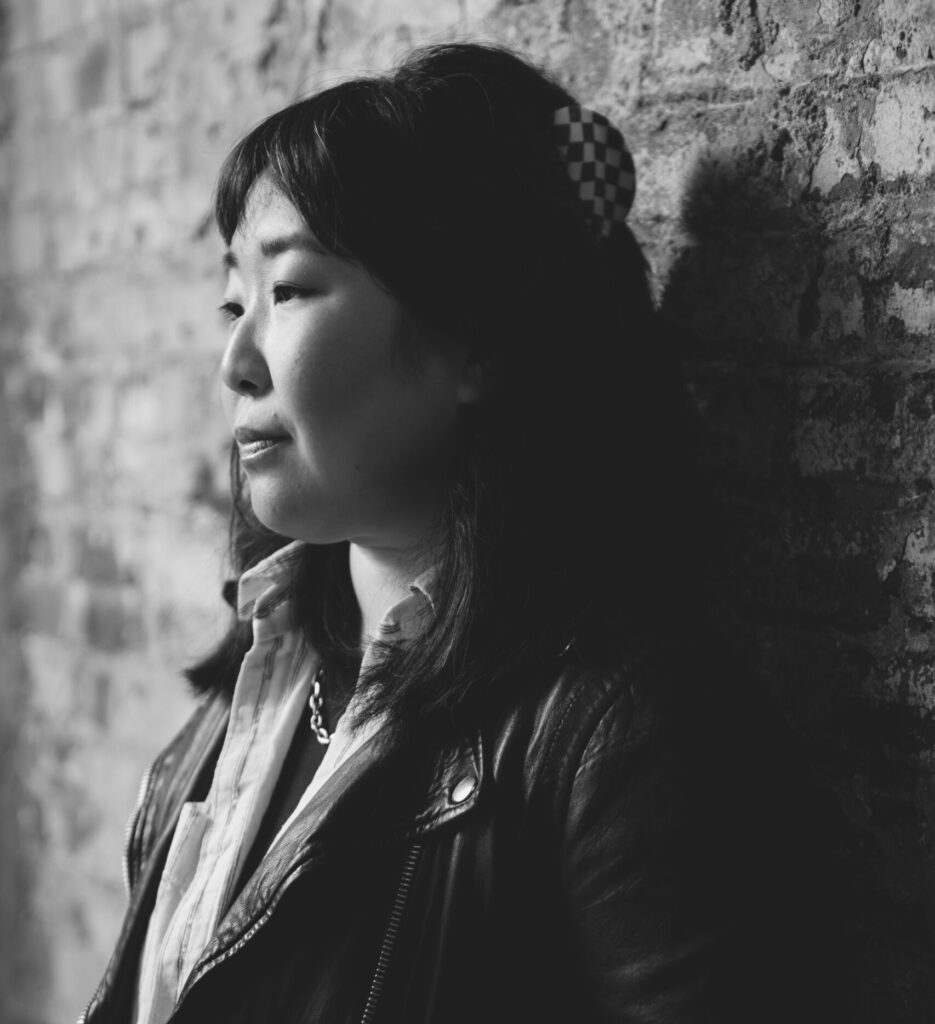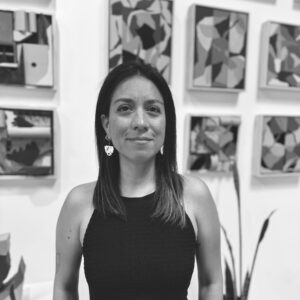What does it mean, to say the moment isn’t right?
At different times, people may say it means their heart wasn’t in it, they were struggling to let go of the past, they felt confused about the best course, or there were insurmountable barriers like confidence or resources.
Maybe it’s best to just say the stars weren’t aligned.
In that framework, there’s no moral failing, no scheming villain, no mistakes. It’s just that there are a hundred billion stars, a thousand spheres twisting and grinding into step. It’s a tricky thing, a cosmic Perfection game with an infinite timer – it starts with the big bang, spirals through the Cambrian Explosion into the sandwich your grandmother had for lunch on her third birthday, and continues through to you, today, contemplating your next move.
The progression for many of us is a predictable cadence: we think, we plan, we do, we rest, we think. If the time’s not right, the fire burns down in the evening, and whether in sleep or sorrow, the day closes like a paper fan. There’s nothing for it but to see what embers remain with the dawn.
When FUTURE LYNN chose Deb Oh for a profile in our series on the fascinating lives of ordinary women, she was already uncommonly cool. She’s a singer, a pianist, a producer, works for the production music arm of BMG, and is the single most musically knowledgeable person I’ve ever met. Her music curation project, Debop, has been cultivating custom-curated playlists for people disenchanted with the algorithm since 2015, complete with personalized liner notes. The absolutely stellar catch phrase is, “The right song can change your day; the right day can change your life,” so I wanted to hear all about it…but that’s not what happened.
The first time I talked to Deb, it wasn’t the right moment.
The second time I talked to Deb, all the pieces were there, but they were still finding their places – body at home, and mind in Vietnam, in Hong Kong, in New York’s Chinatown, in Austin, Texas.
The last time I talked to Deb, she was right here, right now.
Contemplation.
Late last year, when she was letting the embers lie, it was hard to say what form the flames would take. She was full of stars too numerous to inventory, some bright and some dim, but she already suspected it wasn’t so much a case of intensity as it was of distance, and she was looking through the telescope at a very wide sky.
She loves the work for Debop, and she praised her current sync licensing job as “a way to utilize my creative brain and my business-y brain and marry them in a way that feels gratifying.” But still, there was something fluttering in the back of her mind, like a bird at the window.

“I think music is magic,” she told me, “and I mean that very seriously. It’s not a metaphor, not a tagline. I very much think it’s total magic, magic, magic. It’s just something that connects everyone, this universal thing.” As a result, she had a newfound drive to conjure something wonderful, for everyone, if she could just figure out how.
Her filmmaker husband Dave was working on a documentary in NYC’s Chinatown, and they were talking about its history of record stores, now all closed. At first, they talked about how it would be wonderful to have those back, but then realized that they had never seen a broader representation of Asian music in the West. At best it’s a narrow, single-origin monolith in a solitary vinyl bin, and at worst it’s nothing at all. Deb’s idea wouldn’t be a renaissance then, but a creation.
The link to her origins hasn’t always been easy. As a young singer and songwriter, Deb admits having gone through a phase where she was worried her Asian identity would pigeonhole her. “At that time, my internalized racism made me think, ‘If everything that is written about me leads with the fact that I’m a Korean American or Asian American songwriter, then given my knowledge of how this industry works, that’s going to limit me to a very small audience.’ And so, I really resisted that.”
There’s nothing like time to change a mind, and to heal wounds. ”I’ve worked in music my whole career and only recently had this realization that there is such a rich and diverse Asian music history that I’m ignorant about,” she told me. “It’s crazy to me that there’s no space to access that.” She was starting to dream of someday opening a brick and mortar location with a curated record collection across different genres, eras, and regions of AAPI artists that would have benefited younger Deb. “I would want it to be a third space that invites people to come and connect with these different musical cultures and histories.”
Creating instead of recreating is a much more ambitious and ambiguous path, and Deb was looking down a lot of streets, but the key tenet was to make the space welcoming. “I’ve never really felt welcome in most record stores. They’re largely white, male-dominated spaces that I’ve felt out of place in.” She wanted to offer representation, access, and helpful context, like short blurbs or liner notes on the record sleeves – similar to how she crafts her Debop playlists. “It can be intimidating to walk into a record store if you don’t really know what you’re looking for and don’t feel like you can ask questions without being judged.”
Where’s the magic in that?
At the end of the conversation, I knew her swirling thoughts would have a lot of traveling forward to do, but I was still surprised by the speed of starlight.
Determination.
Just a few months later, we planned to check in when she got back from South by Southwest in Austin, Texas. That’s an exciting place with a lot of diverse musical influences, and a reputation for making big things happen.
We barely talked about it.
“I’m just back from Vietnam and Hong Kong!” she grinned. She had been traveling with family, and took the opportunity to go into every record store she could find. Some of them turned out to be indie record labels. She was able to get recordings you can’t even order online, much less listen to.
On the Hong Kong leg of her trip, one store in particular stood out to her as a literal sign from the universe, as she thumbed through the record sleeves. “I thought, ‘Oh my God, they have little liner notes!’” There they were, a delicate thread of context through her years listening to music, making music, connecting others to music – just like the ones she had been thinking of making herself, and drawing the line from Young Deb to Future Deb.
“This process is an interesting way to learn about it rather than just googling, for example, ‘history of Indian music’,” she told me. “It’s so different to listen to a piece of music, the artistry, the instrumentation, and use that as the jumping off point to learn, well – What is this instrument? Who is this artist? It’s a specified entry point that’s then brought about into the larger history.”
She was starting to see how to leverage her own inspiration as an entry point, too. “The mission has become clarified as well. I could just build this collection for myself, that no one would ever hear or see, but instead, I want to be a conduit for other people to have access to this, in one place.”
So the key word this time was connection. “I never want to compromise on this idea of being in a creative space with creative people. That has been the North Star the whole time. And I think because of that, I can look back now and see how everything connects. I learned so much from everything I tried to do on my own, whether it was producing my own music, being in the studio, or working in the industry. I feel like time has given me that gift of really being able to see there’s no one way. There’s no one way to feel like you’ve either succeeded or failed.” She was looking ahead to see how the connections she was making would be the ones to serve her over the next decades of her career, and who knows where that could lead?
The last thing she said to me during this chat was, “It’s okay if it doesn’t last. This thing could exist, be real, for however long it can. This moment is enough. So, even if it doesn’t pan out? I think it’ll pan out.”
Action.
I have a friend who says that 99% effort is exhausting, but 100% effort, wholeheartedness, is totally free. You and the situation are aligned, overlapping, sustaining each other. When the stars click into place, it’s not just easy – it’s effortless, timeless, egoless, the way the leaves turn in autumn, or the way smoke rises from fire. In that light, maybe it’s logical that by our last conversation, everything was coming together for Deb.

“I’ve basically been leapfrogging, having lots of conversations with as many different people as I can,” she said, “other collectors, DJs, labels, record store owners, anyone with a potential tie in to this project. Each one leads to another introduction and conversation.”
She appreciated her decidedly practical friends wondering how such a project would potentially make money, or record store owners and collectors explaining aspects that might be real roadblocks. “I think this goes with an overall mental shift I’ve made in the past year of putting in good intentions, time and energy, but letting go of expectations and timelines. I’m starting to have an understanding of how big of a scope of a project this is, to be sourcing vinyl from different parts of the world. It’s going to take time and that’s fine. I’m fine with it being a hobby on steroids!”
That’s real wholeheartedness, to see reality clearly, assess your resources without wishful thinking, and take the next step with an open heart. In late September, Year of the Tiger Records appeared in its inaugural public incarnation, a popup vinyl table at the 2023 Golden Hour Fest in Brooklyn. Deb had a record player set up so people could preview before buying, with 8 or 9 countries represented, plus Hawaii and the US. Although the zodiac sign has a certain association with male energy and ambition, Deb chose the name for a decidedly matriarchal reason: she, her mother, and both grandmothers were born in the Year of the Tiger, as well as the idea for the company itself.
She was thrilled to have realized her vision after so much work and thought, but the highlight surprised her a little bit.

“The best part by far was getting to witness people’s reactions to hearing the vinyl,” Deb said. “Sometimes they’d just be grooving along to the music, other times it’d be a more visceral reaction of excitement or emotion. But the real a-ha moment for me was realizing that I never get to see such reactions with my Debop playlists, which are all created and sent digitally. And it’s also different from seeing people react to my own music, because there’s inevitably my own ego and insecurity involved there. This felt like an uncomplicated joy of simply connecting people to music that they might love.”
She feels energized, empowered, and ready to get her growing collection in front of as many people as she can. So what comes after the right here, right now? That’s for Future Deb to figure out.
There’s no doubt, no doubt at all, that she’ll seize the tiger by the tail.
Heather Martin is a registered dietitian in clinical practice, and a lay-entrusted Soto Zen teacher. She is also a freelance writer and Candy Corn Science Correspondent for several online publications. You can read more from her at her blog and Substack, or find her on Post and Instagram as @momofnorank. She encourages you to encourage yourself, and to take good care of your heart.
All photos by Matt Infante.




